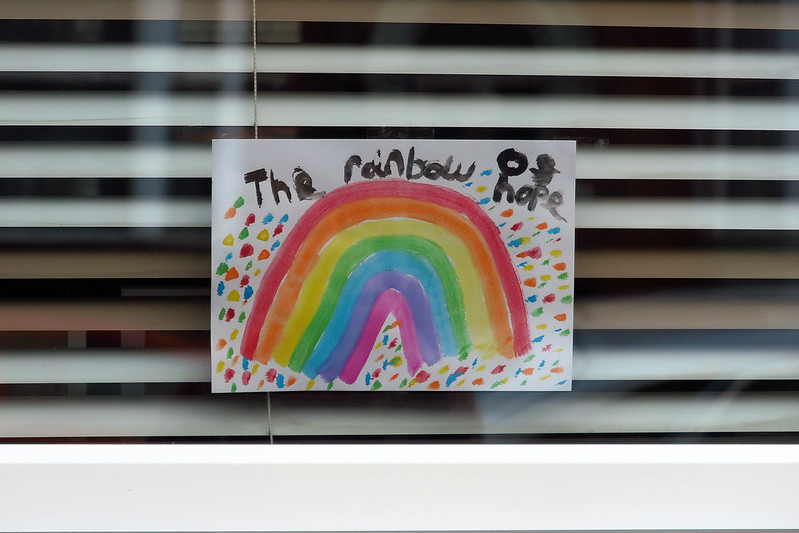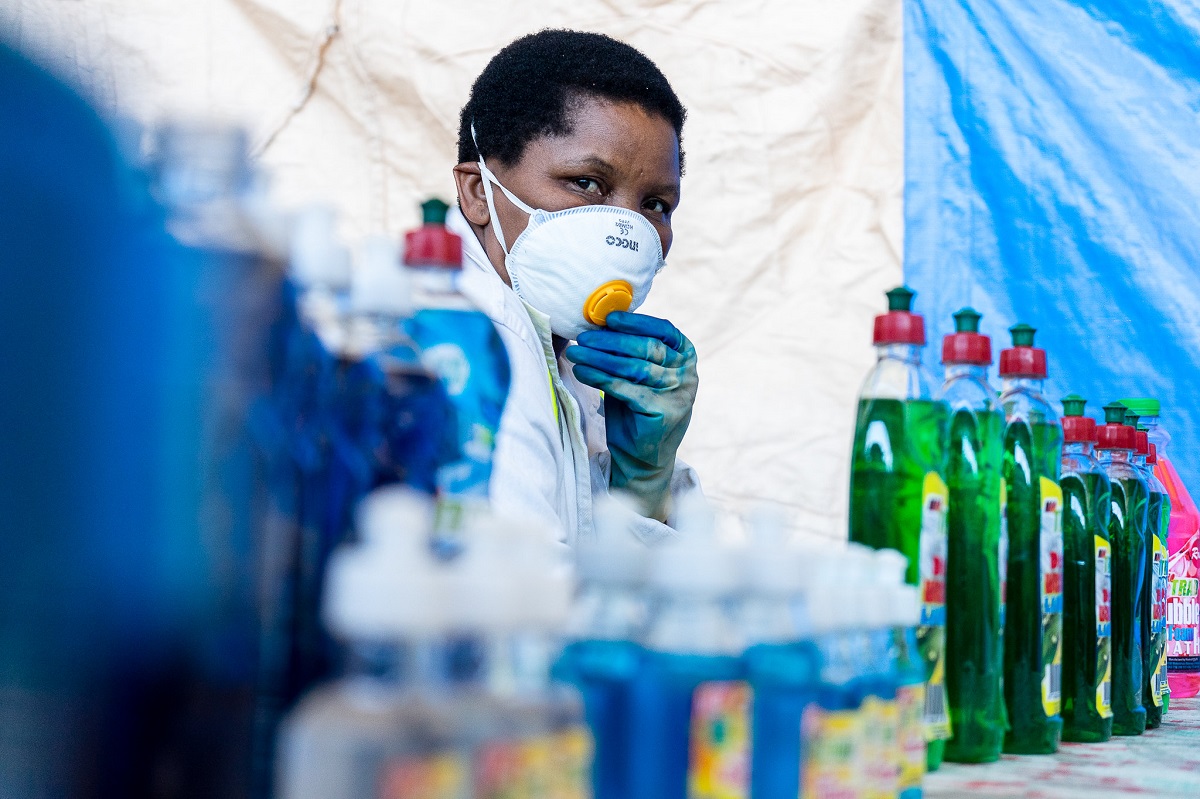Two years of the Covid-19 pandemic have exacerbated and exposed existing global challenges. How could we have handled the pandemic differently? And what opportunities do we have to rebuild and reshape our world in the future?
The pandemic – and lockdown – has affected people very differently, not only highlighting global inequalities but significant disparities within close communities. While the lockdown was an opportunity for some people with full-time jobs to enjoy the luxury of working from home while staying connected with friends and family via Zoom, for others working from home was impossible and isolation was a challenge.
On March 11 2020 the World Health Organisation officially declared Covid-19 a pandemic. Now, in the UK, legal Covid-19 restrictions have ended including the requirement for people who test positive for Covid-19 to isolate at home and the wearing of face masks in most public places (except in healthcare facilities such as GP practices and hospitals). But some critics question whether it is too early to end restrictions.
Researchers at Imperial College estimated that 470, 000 lives were saved as a result of the first lockdown. But Professor Neil Ferguson from Imperial College claims that we could have reduced the final death toll by at least half, if the lockdown was introduced a week earlier.
While lockdown restrictions saved lives, they have also had negative impacts on public health, the economy, children’s education, and the wellbeing of the people deemed most vulnerable and marginalized. While some adults began work-from-home routines, others lost jobs, and had to cope with difficult living conditions. Children were left without formal education routines, restricted from interpersonal connections and play, all while adapting to new and unknown conditions and not knowing whether life would ever be the same again.
Lockdown has taken its toll on wellbeing and mental health. For children, studies show the lockdown led to increased PTSD symptoms from quarantine and increased levels of distress, worry, and anxiety. For adults and young people, the same studies found increased levels of anxiety and depression. A study by the Institute of Fiscal Studies, found that the mental health of young adults, women, and people with pre-existing poor mental health has been hit the hardest.
As our latest story shows, in March 2020, thousands of children were encouraged to make pictures in order to “spread hope” amid the pandemic. According to BBC, the idea trended online inspiring many to draw rainbows. Soon, homes across the country were displaying these multicoloured glimpses of hope – a bid to boost morale whilst in solitude.

A rainbow in a window during Covid lockdown in Sheffield – by Tim Dennell.
However, two years on, the pandemic is far from over. WHO director-general Tedros Adhanom Ghebreyesus said that these past two years should be considered a wake-up call to the world on the emerging threat of Covid-19.“Two years later, more than six million people have died,” Tedros told a press conference, while nearly 444 million cases have been registered.
Despite the decline in cases and deaths, the virus continues to evolve, parts of the world are experiencing surges, such as China with more than 3 000 new cases, and there are still many challenges with vaccine supply and distribution.
In the UK, a report by the British Academy suggests that the feelings of national unity have been in decline since the pandemic started two years ago. There are also wider geographical and spatial inequalities. Not to mention the dire effects on children, the elderly and migrants. Some of these inequalities have been further exacerbated and exposed by dimensions including race, gender and ethnicity.
So, should lockdown restrictions have been being implemented earlier? This issue is complex. Some experts point out that even in Hong Kong, where compliance with mask-wearing had become a norm way before Covid, the elimination of Covid-19 still was not possible. Recent reports suggest Hong Kong’s high death rate shows the importance of vaccinating the elderly.
Conversely, countries like Sweden which had a unique approach of not implementing a lockdown suffered fewer coronavirus deaths and a lower infection rate than most European countries. However, the Financial Times and Guardian reported a surge of cases in Sweden later than other countries.
Despite the pandemic making existing problems worse, it has also highlighted some key lessons on how societies can reshape and rebuild themselves. Experts from the British Academy believe that despite the challenges faced, the pandemic brings new opportunities, saying: “History shows that pandemics and other crises can be catalysts to rebuild society in new ways, but that this requires vision and interconnectivity between policymakers at local, regional and national levels.”
Looking back over the past two years, it’s clear that policy decisions do not have a universal effect in an unequal world. Perhaps the key emerging lesson is the imperative to prioritise the needs of the most vulnerable.
Main image of Martha Maochaby International Labour Organisation – KB Mpofu/ILO.
Read more:
